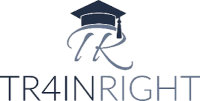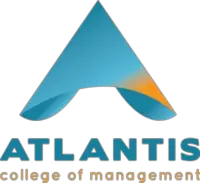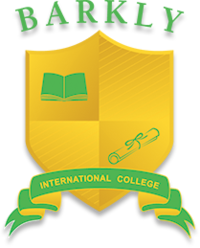
Popular courses in Melbourne
Diploma of Leadership and Management
- There are no mandated entry requirements.






Diploma of Community Services
- There are no mandated entry requirements.


Certificate IV in Business
- There are no mandated entry requirements.




Certificate III in Business
- There are no mandated entry requirements.



Diploma of Business
- There are no mandated entry requirements.




Certificate IV in Marketing and Communication
- There are no mandated entry requirements.



Certificate IV in Information Technology (Web Development)
- There are no mandated entry requirements.


Diploma of Marketing and Communication
- There are no mandated entry requirements.


Diploma of Social Media Marketing
- There are no mandated entry requirements.


Diploma of Business (Procurement)
- There are no mandated entry requirements.


Digital Marketing: Elevate
- There are no mandated entry requirements.
 Academy Xi
Academy Xi
Social Media Marketing: Elevate
- There are no mandated entry requirements.
 Academy Xi
Academy Xi
Advanced Diploma of Marketing and Communication
- At least 4 years work experience in a related field OR
- Completed Diploma of Business or equivalent qualifications OR
- Have completed the following units: BSBMKG541 Identify and evaluate marketing opportunities, BSBMKG542 Establish and monitor the marketing mix, BSBMKG552 Design and develop marketing communication plans, BSBMKG555 Write persuasive copy, and BSBPMG430 Undertake project work.








Bachelor of Business (Marketing)
- There are no mandated entry requirements.







Diploma of Information Technology (Web Development)
- There are no mandated entry requirements.
 Laneway Education
Laneway Education
Certificate IV in Professional Writing and Editing
- There are no mandated entry requirements.


Diploma of Professional Writing and Editing
- There are no mandated entry requirements.
 Swinburne University of Technology
Swinburne University of Technology
Diploma of Digital Marketing
- There are no mandated entry requirements.
 Insight Academy
Insight Academy
Certificate IV in Screen and Media (Journalism)
- There are no mandated entry requirements.
 TAFE NSW
TAFE NSW
Bachelor of Journalism
- There are no mandated entry requirements.
 University of South Australia
University of South Australia
Frequently Asked Questions
Yes, there are course providers who offer 20 qualification(s) in Melbourne. Find a course provider near you. Once you make an enquiry, a course advisor will get in touch to discuss your study options and course fees.
Written by Courses.com.au Team
There are several campuses within the Melbourne area that provide journalism and writing training. The nearest campus is located right in the center of Melbourne. You can also study a journalism and writing course through online, distance or traineeship learning. Find a course provider that best suits your needs.
Written by Courses.com.au Team
Potential job roles within journalism and writing includes editor, multimedia writer or writer (to name a few). Browse related occupations to find a career that suits your needs.
Written by Courses.com.au Team
Further reading


Certificate III in Pathology Collection: Everything You Need to Know
10th February 2025)
